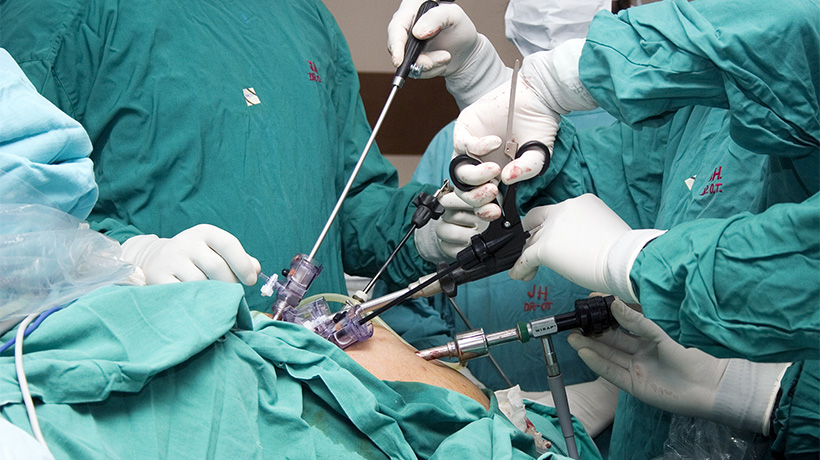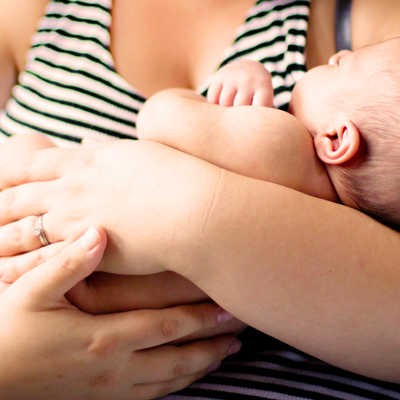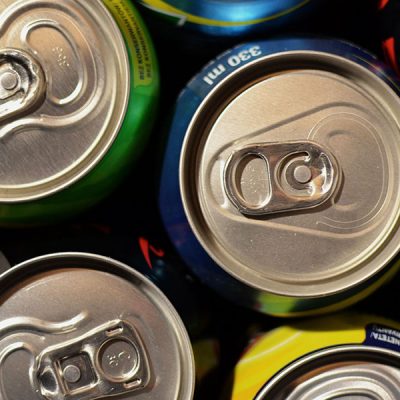
Bariatric surgery alters your food cravings
A new study claims that weight loss surgery can alter the reward pathways in your brain and therefore limit your sugar intake. Patients often report a change in food preferences after they undergo bariatric surgery, but clinicians have never really been sure why. The researchers aimed to build on prior knowledge that dopamine release can drive sugar cravings, whilst nutrient sensing in particular segments of the gut stimulates dopamine release. The researchers found that gastric bypass surgery in mice, the equivalent of the Roux-en-Y bypass in humans, resulted in less sugar-seeking behaviour by reducing the release of dopamine, which is heavily involved in reward systems.
The study suggests novel interventions that are less invasive and just focus on drugs that can reduce sugar cravings by targeting this pathway. More research needs to be conducted in order to find out if these effects are reproducible in other bypass surgery techniques. Furthermore, the results can create the basis of comparisons between different types of bariatric surgeries and how they each affect a patient’s behaviour.




